PENGUIN  CLASSICS
CLASSICS
TWELVE YEARS A SLAVE
SOLOMON NORTHUP was a free man kidnapped into slavery in Washington, D.C., in 1841. Shortly after his escape, he published his memoirs to great acclaim and brought legal action against his abductors, though they were never prosecuted. The details of his life thereafter are unknown, but he is believed to have died in Glen Falls, New York, around 1863.
IRA BERLIN is Distinguished University Professor of History at the University of Maryland. He has written broadly on the history of the larger Atlantic world, especially on African and African American slavery and freedom. His many books include The Making of African America, Slaves Without Masters, Generations of Captivity, and Many Thousands Gone: The First Two Centuries of Slavery in North America, winner of the Bancroft Prize and the Frederick Douglass Book Prize and a finalist for the National Book Critics Circle Award.
HENRY LOUIS GATES, JR . is Alphonse Fletcher University Professor and director of the W. E. B. Du Bois Institute for African and African American Research at Harvard University. He is editor in chief of the Oxford African American Studies Center and TheRoot.com, and host of Faces of America (PBS). He is general editor for a Penguin Classics series of African American works, including The Portable Charles W. Chesnutt, edited with an introduction by William L. Andrews; Gods Trombones by James Weldon Johnson, with a foreword by Maya Angelou; Iola Leroy by Frances Ellen Watkins Harper, with an introduction by Hollis Robbins; and The Life of John Thompson, a Fugitive Slave by John Thompson, edited with an introduction by William L. Andrews.
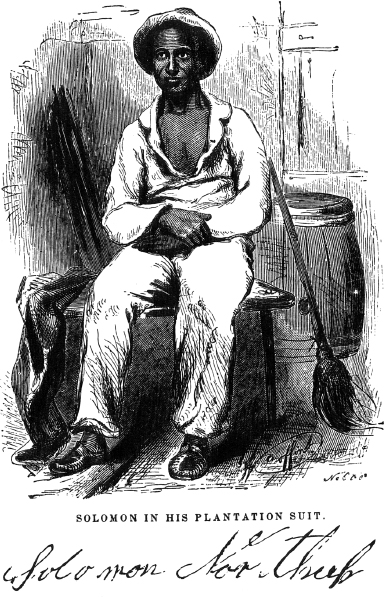
SOLOMON NORTHUP
Twelve Years a Slave
Introduction by
IRA BERLIN
General Editor
HENRY LOUIS GATES, JR.
PENGUIN BOOKS
PENGUIN BOOKS
Published by the Penguin Group
Penguin Group (USA) Inc., 375 Hudson Street, New York, New York 10014, U.S.A.
Penguin Group (Canada), 90 Eglinton Avenue East, Suite 700, Toronto, Ontario,
Canada M4P 2Y3 (a division of Pearson Penguin Canada Inc.)
Penguin Books Ltd, 80 Strand, London WC2R 0RL, England
Penguin Ireland, 25 St Stephens Green, Dublin 2, Ireland (a division of Penguin Books Ltd)
Penguin Group (Australia), 250 Camberwell Road, Camberwell,
Victoria 3124, Australia (a division of Pearson Australia Group Pty Ltd)
Penguin Books India Pvt Ltd, 11 Community Centre, Panchsheel Park, New Delhi - 110 017, India
Penguin Group (NZ), 67 Apollo Drive, Rosedale, Auckland 0632,
New Zealand (a division of Pearson New Zealand Ltd)
Penguin Books (South Africa) (Pty) Ltd, 24 Sturdee Avenue,
Rosebank, Johannesburg 2196, South Africa
Penguin Books Ltd, Registered Offices:
80 Strand, London WC2R 0RL, England
First published in the United States of America by Derby and Miller 1853
This edition with an introduction by Ira Berlin published in Penguin Books 2012
1 3 5 7 9 10 8 6 4 2
Introduction copyright Ira Berlin, 2012
General introduction copyright Henry Louis Gates, Jr., 2008
All rights reserved
LIBRARY OF CONGRESS CATALOGING IN PUBLICATION DATA
Northup, Solomon, b. 1808.
Twelve years a slave / Solomon Northup; introduction by Ira Berlin;
general editor Henry Louis Gates, Jr.
p. cm.(Penguin Classics)
Includes bibliographical references and index.
ISBN: 978-1-101-61467-9
1. Northup, Solomon, b. 1808. 2. SlavesUnited StatesBiography. 3. Slaves writings, American. 4. African AmericansBiography. 5. Plantation lifeLouisianaHistory19th century. 6. SlaveryLouisianaHistory19th century. I. Gates, Henry Louis. II. Title.
E444.N87 2012
306.362092dc23
[B] 2012012550
Printed in the United States of America
Set in Sabon
Except in the United States of America, this book is sold subject to the condition that it shall not, by way of trade or otherwise, be lent, resold, hired out, or otherwise circulated without the publishers prior consent in any form of binding or cover other than that in which it is published and without a similar condition including this condition being imposed on the subsequent purchaser.
The scanning, uploading and distribution of this book via the Internet or via any other means without the permission of the publisher is illegal and punishable by law. Please purchase only authorized electronic editions, and do not participate in or encourage electronic piracy of copyrighted materials. Your support of the authors rights is appreciated.
What Is an
African American Classic?
I have long nurtured a deep and abiding affection for the Penguin Classics, at least since I was an undergraduate at Yale. I used to imagine that my attraction for these booksgrouped together, as a set, in some independent bookstores when I was a student, and perhaps even in some todaystemmed from the fact that my first-grade classmates, for some reason that I cant recall, were required to dress as penguins in our annual all-school pageant, and perform a collective side-to-side motion that our misguided teacher thought she could choreograph into something meant to pass for a dance. Piedmont, West Virginia, in 1956, was a very long way from Penguin Nation, wherever that was supposed to be! But penguins we were determined to be, and we did our level best to avoid wounding each other with our orange-colored cardboard beaks while stomping out of rhythm in our matching orange, veined webbed feet. The whole scene was madness, one never to be repeated at the Davis Free School. But I never stopped loving penguins. And I have never stopped loving the very audacity of the idea of the Penguin Classics, an affordable, accessible library of the most important and compelling texts in the history of civilization, their black-and-white spines and covers and uniform type giving each text a comfortable, familiar feel, as if we have encountered it, or its cousins, before. I think of the Penguin Classics as the very best and most compelling in human thought, an Alexandrian library in paperback, enclosed in black and white.
I still gravitate to the Penguin Classics when killing time in an airport bookstore, deferring the slow torture of the security lines. Sometimes I even purchase two or three, fantasizing that I can speed-read one of the shorter titles, then make a dent in the longer one, vainly attempting to fill the holes in the liberal arts education that our degress suggest we have, over the course of a plane ride! Mark Twain once quipped that a classic is something that everybody wants to have read and nobody wants to read, and perhaps that applies to my airport purchasing habits. For my generation, these titles in the Penguin Classics form the canonthe canon of the texts that a truly well-educated person should have read, and read carefully and closely, at least once. For years I rued the absence of texts by black authors in this series, and longed to be able to make even a small contribution to the diversification of this astonishingly universal list. I watched with great pleasure as titles by African American and African authors began to appear, some two dozen over the past several years. So when Elda Rotor approached me about editing a series of African American classics and collections for Penguins Portable Series, I eagerly accepted.
Thinking about the titles appropriate for inclusion in these series led me, inevitably, to think about what, for me, constitutes a classic. And thinking about this led me, in turn, to the wealth of reflections on what defines a work of literature or philosophy somehow speaking to the human condition beyond time and place, a work somehow endlessly compelling, generation upon generation, a work whose author we dont have to look like to identify with, to feel at one with, as we find ourselves transported through the magic of a textual time machine; a work that refracts the image of ourselves that we project onto it, regardless of our ethnicity, our gender, our time, our place. This is what centuries of scholars and writers have meant when they use the word classic, anddespite all that we know about the complex intersubjectivity of the production of meaning in the wondrous exchange between a reader and a textit remains true that classic texts, even in the most conventional, conservative sense of the word classic, do exist, and these books will continue to be read long after the generation the text reflects and defines, the generation of readers contemporary with the texts author, is dead and gone. Classic texts speak from their authors graves, in their names, in their voices. As Italo Calvino once remarked, A classic is a book that has never finished saying what it has to say.
Next page
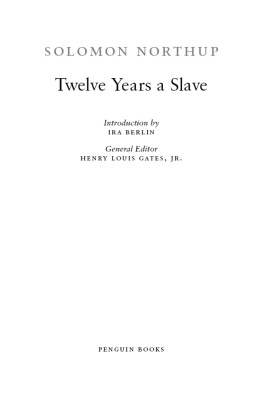


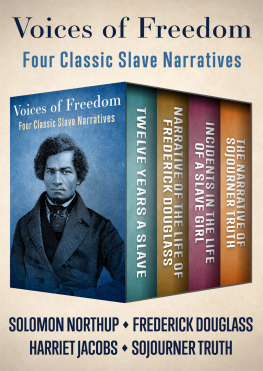
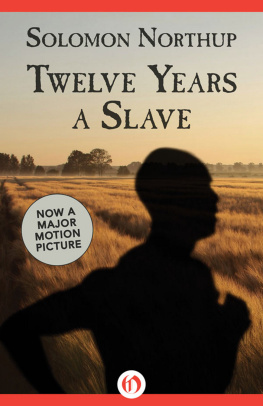
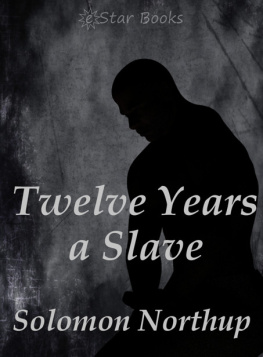
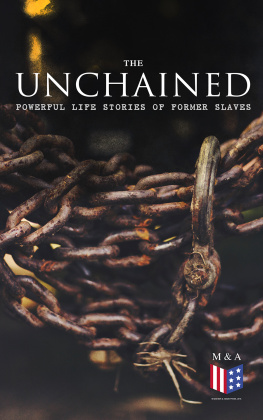
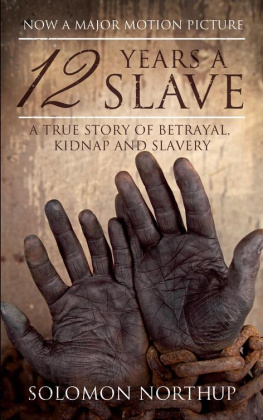
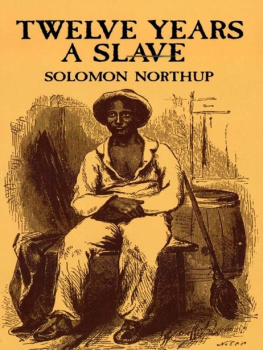
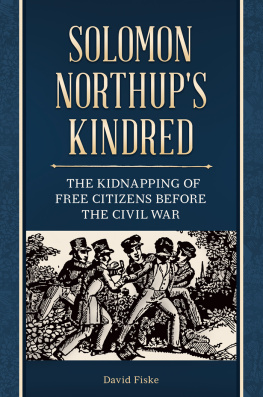
 CLASSICS
CLASSICS